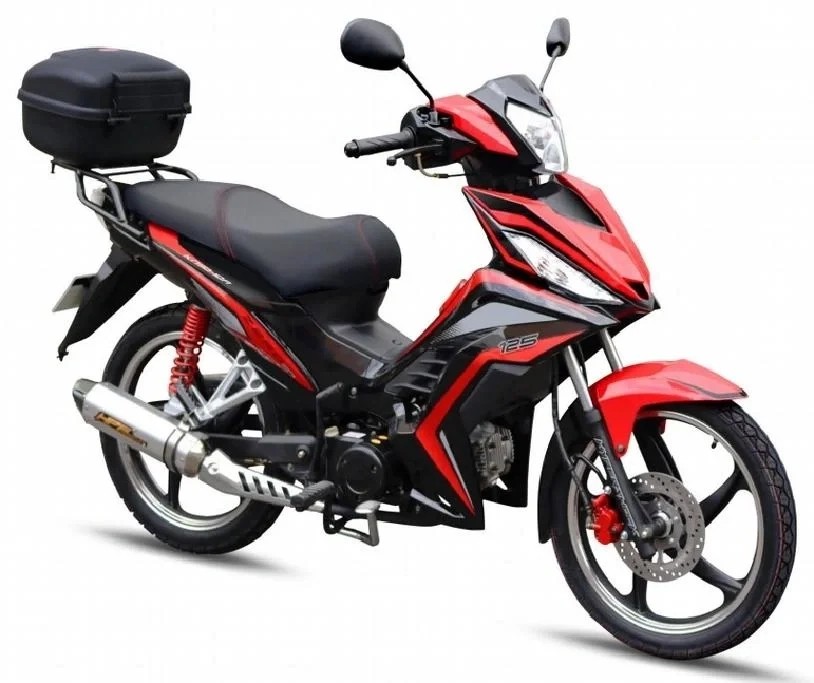Navigating the Skies: Unveiling the Safest Airline in the World
3 min readWhen it comes to air travel, safety is paramount. With millions of passengers flying every day, the aviation industry has made significant strides in ensuring that air travel remains one of the safest modes of transportation. However, not all airlines are created equal. This article delves into what makes an airline the safest in the world, examining various factors, methodologies, and the current frontrunners in aviation safety.
Understanding Airline Safety Ratings
Airline safety ratings are determined by various organizations that analyze a multitude of factors, including accident history, operational practices, and regulatory compliance. One of the most reputable sources for airline safety ratings is AirlineRatings.com, which evaluates airlines based on a comprehensive set of criteria. These include:
- Accident History: The number of serious incidents and accidents over a defined period.
- Fleet Age: Newer aircraft tend to have better safety features and technology.
- Operational Excellence: This includes adherence to safety protocols, maintenance practices, and pilot training.
- Regulatory Compliance: Airlines must comply with international safety standards set by organizations like the International Civil Aviation Organization (ICAO) and the Federal Aviation Administration (FAA).
The Current Leader in Airline Safety
As of 2025, Qantas Airways has consistently been recognized as one of the safest airlines in the world. The Australian carrier has a remarkable safety record, with no fatal accidents in its 100-plus years of operation. Qantas's commitment to safety is evident in its rigorous training programs, advanced fleet, and proactive maintenance practices.
Factors Contributing to Qantas's Safety Record
- Innovative Safety Practices: Qantas has pioneered several safety initiatives, including the implementation of the Safety Management System (SMS), which emphasizes risk management and proactive safety measures.
- Fleet Modernization: The airline operates a modern fleet, including the Boeing 787 Dreamliner and Airbus A380, which are equipped with the latest safety technology and systems.
- Highly Trained Personnel: Qantas invests heavily in training its pilots and crew, ensuring they are well-prepared to handle emergencies and adhere to safety protocols.
- Strong Regulatory Compliance: The airline maintains a strong relationship with aviation authorities, ensuring compliance with international safety standards and regulations.
Other Contenders for the Title of Safest Airline
While Qantas often takes the top spot, several other airlines are also recognized for their safety records. These include:
- Singapore Airlines: Known for its exceptional service and operational excellence, Singapore Airlines has a stellar safety record and invests heavily in pilot training and aircraft maintenance.
- Emirates: With a modern fleet and a commitment to safety, Emirates has earned high safety ratings and is known for its rigorous training programs.
- All Nippon Airways (ANA): This Japanese airline has a strong safety culture and is recognized for its operational excellence and adherence to safety regulations.
The Role of Technology in Airline Safety
Advancements in technology have played a crucial role in enhancing airline safety. Modern aircraft are equipped with sophisticated avionics, including collision avoidance systems, advanced weather radar, and automated flight control systems. Additionally, airlines are increasingly utilizing data analytics to monitor flight operations and identify potential safety risks before they escalate.
Conclusion: Choosing the Safest Airline
When selecting an airline for your next journey, it’s essential to consider safety as a top priority. While Qantas Airways currently holds the title of the safest airline in the world, other carriers also demonstrate exceptional safety records. By understanding the factors that contribute to airline safety and staying informed about the latest developments in aviation technology, travelers can make educated decisions and enjoy peace of mind while flying.


